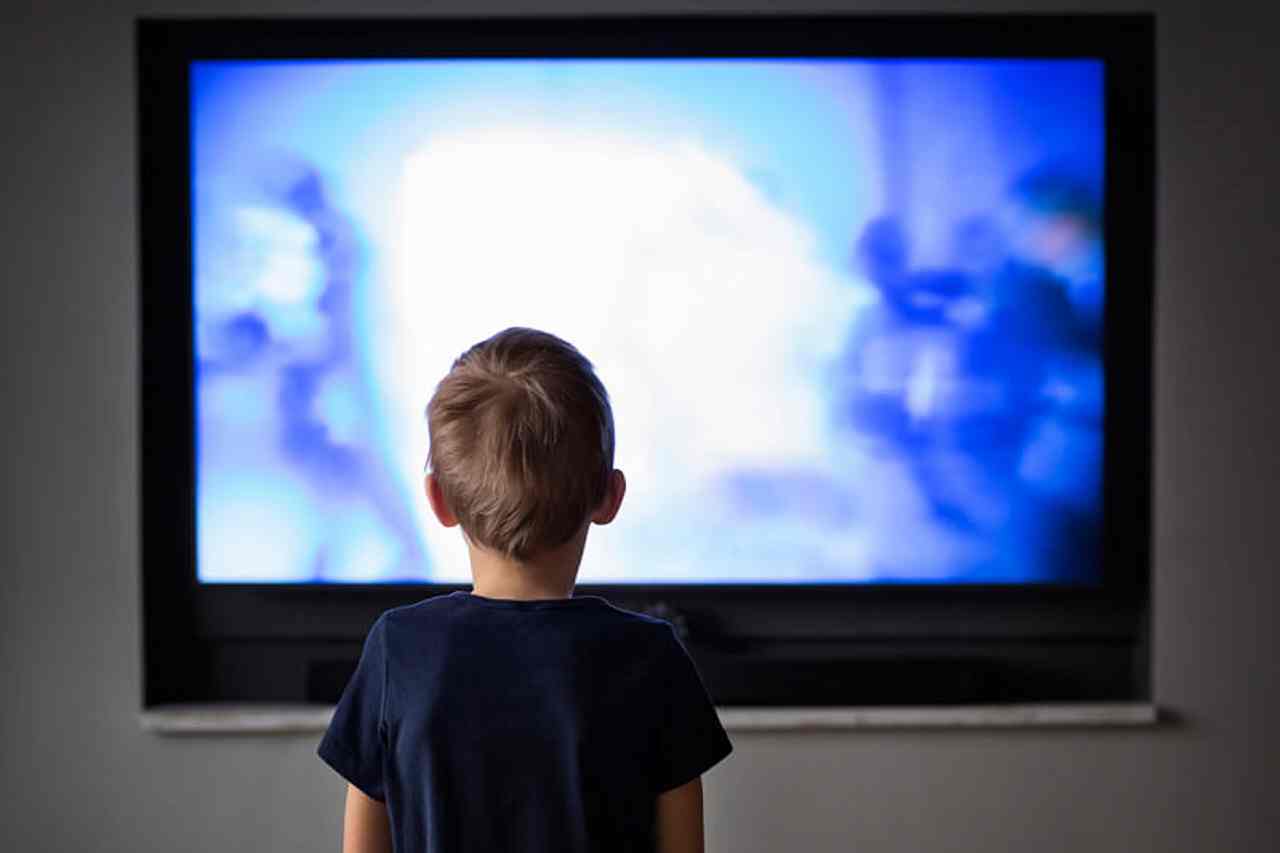
You may’t maintain youngsters in a protecting bubble ceaselessly – however at what age is it OK to allow them to watch the information, and the way do you assist them make sense of it?
For those who commonly watch the information, you’ll have observed that many tales are “unhealthy” information.
Terrorism, pure disasters, violent crime and famine – the information is commonly a cocktail of negativity that may fear younger minds.
However in a digital world, information is all over the place. So how are you going to assist youngsters perceive the information and maintain it in perspective?
At what age can youngsters begin watching the information?
“Use your widespread sense in accordance with the age of your youngster, their temperament and their developmental stage,” says Beyondblue lead medical advisor Dr Grant Blashki.
“It’s most likely not a good suggestion for teenagers below six to observe the information. From six to 10, they’ll watch however mother and father ought to sit with them and keep away from tales with graphic particulars. Over the age of 10, it’s nonetheless vital to take a seat with youngsters and to clarify what’s going on.”
Elevating Youngsters Community govt director Affiliate Professor Julie Inexperienced recommends youngsters watch a information program designed for them, just like the ABC-produced Behind The Information.
“It’s geared toward youngsters from eight to 13 and might help youngsters perceive points and occasions pitched at their stage,” says Julie.
You may have a extra in-depth dialog with youngsters in regards to the implications of a information story, the way it has been framed and the way they really feel about it.
If TV information is visually confronting, you might first strive introducing them to a child-friendly podcast akin to Squiz Children.
- Rising downside: Why are youngsters getting so anxious?
Monitor your youngster’s response to the information
“What questions are youngsters asking? If they’re watching information about bushfires, are they asking if their home goes to burn down?” says Grant.
“If information is inflicting stress, flip it off after which speak about what is occurring and body it in a hopeful method.
“Say one thing like, ‘there are unhealthy fires and a whole lot of bush has been burned however we’re protected and have a look at what individuals are doing to assist individuals within the fires’.”
Use an analogous strategy to any information matters that youngsters discover distressing.
- Eco-anxiety: speak to youngsters about local weather change
Assist youngsters make sense of unhealthy information
Don’t brush off the information. Ask your youngster what they perceive about what they’ve seen or heard.
“Youngsters can change into confused and really feel unsafe if mother and father fake nothing has occurred,” says Julie.
“Clarify what’s occurred – follow the information in a quick method, present some context and reassure your youngster.
“Ask them how they’re feeling and let your youngster know that it’s OK to really feel offended or unhappy, and that these emotions will move. Dad and mom can even share their emotions and what they’re doing to deal with them.
“Lastly, transfer on to a different exercise. For youthful youngsters, after speaking to them it may be useful to maneuver on to one thing that they take pleasure in that may shift their consideration.”
- Open up: 20 questions to actually get youngsters speaking
Written by Sarah Marinos.

